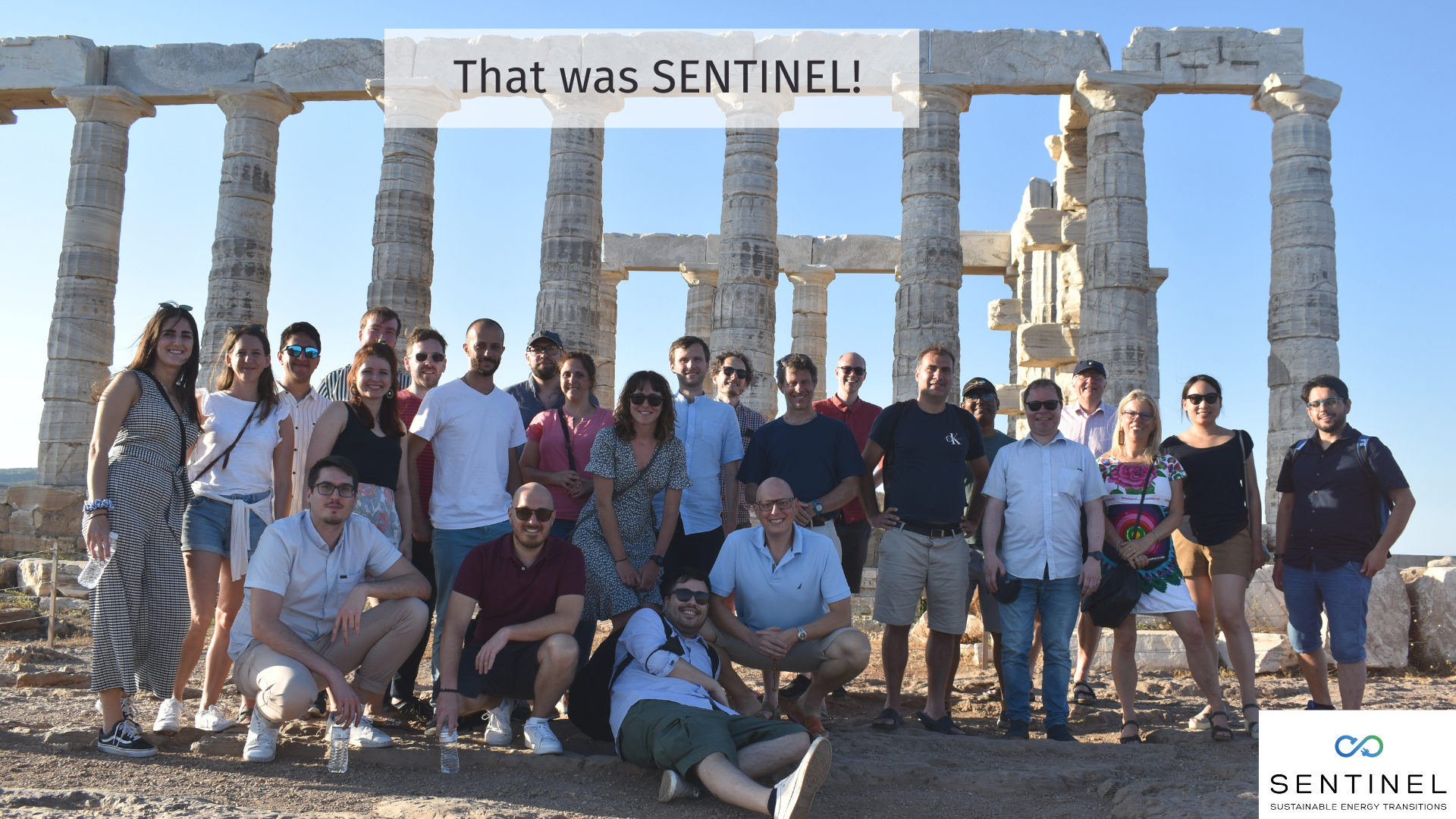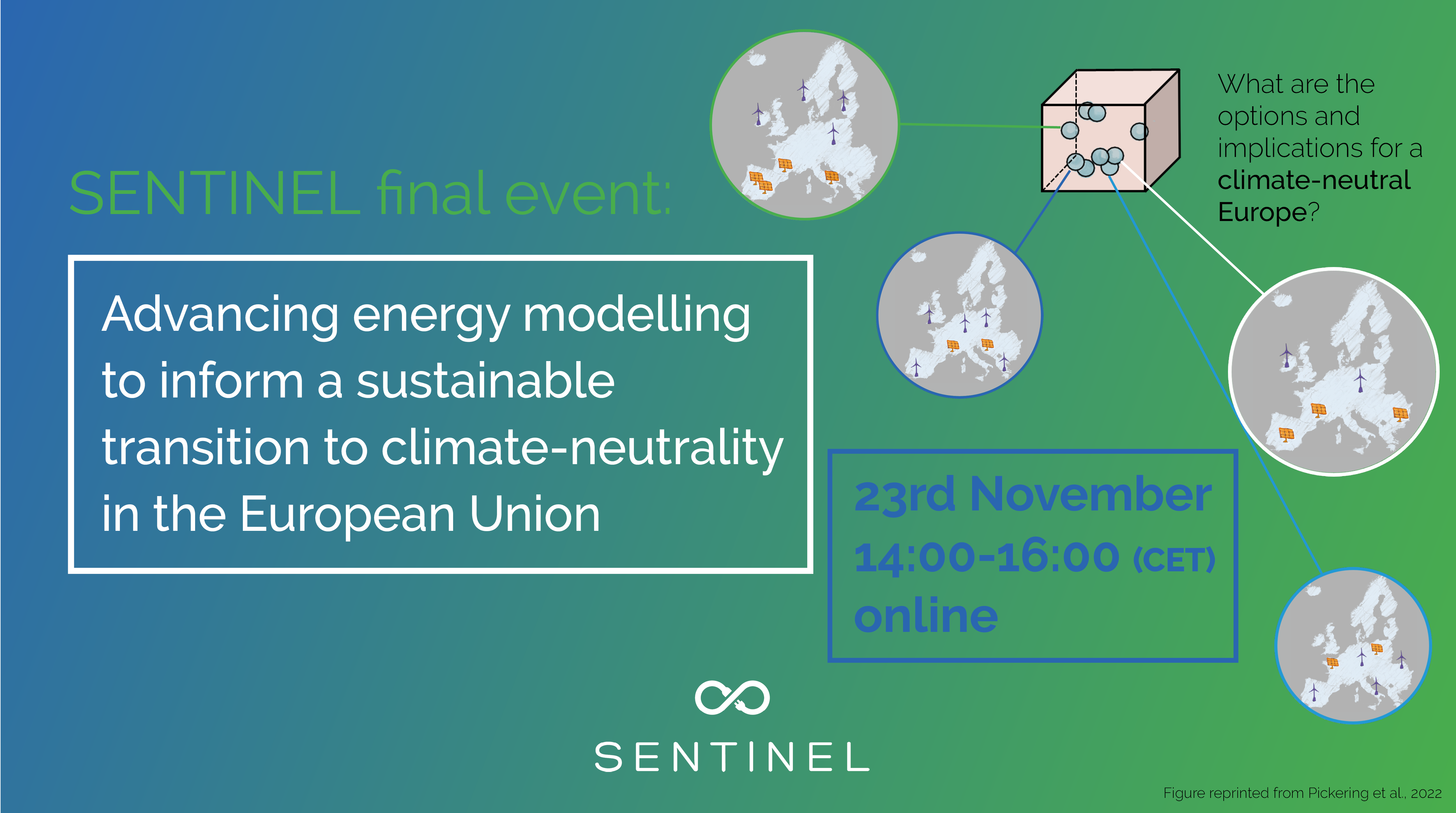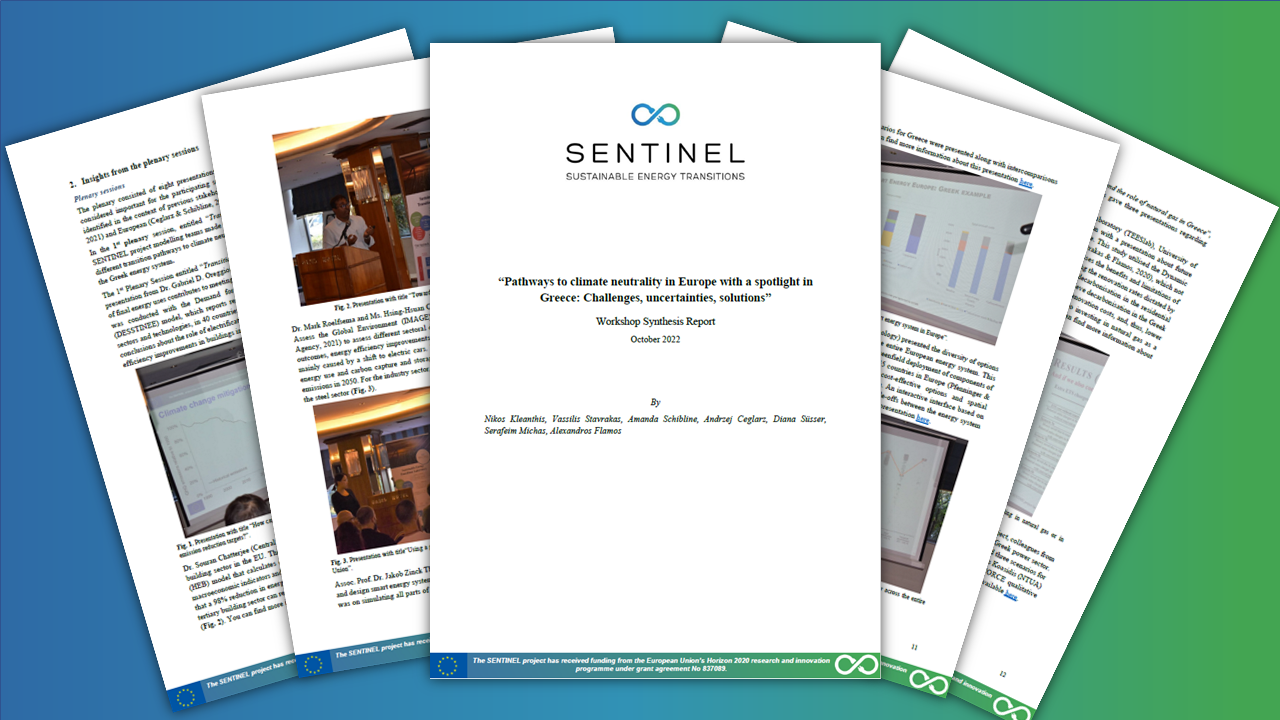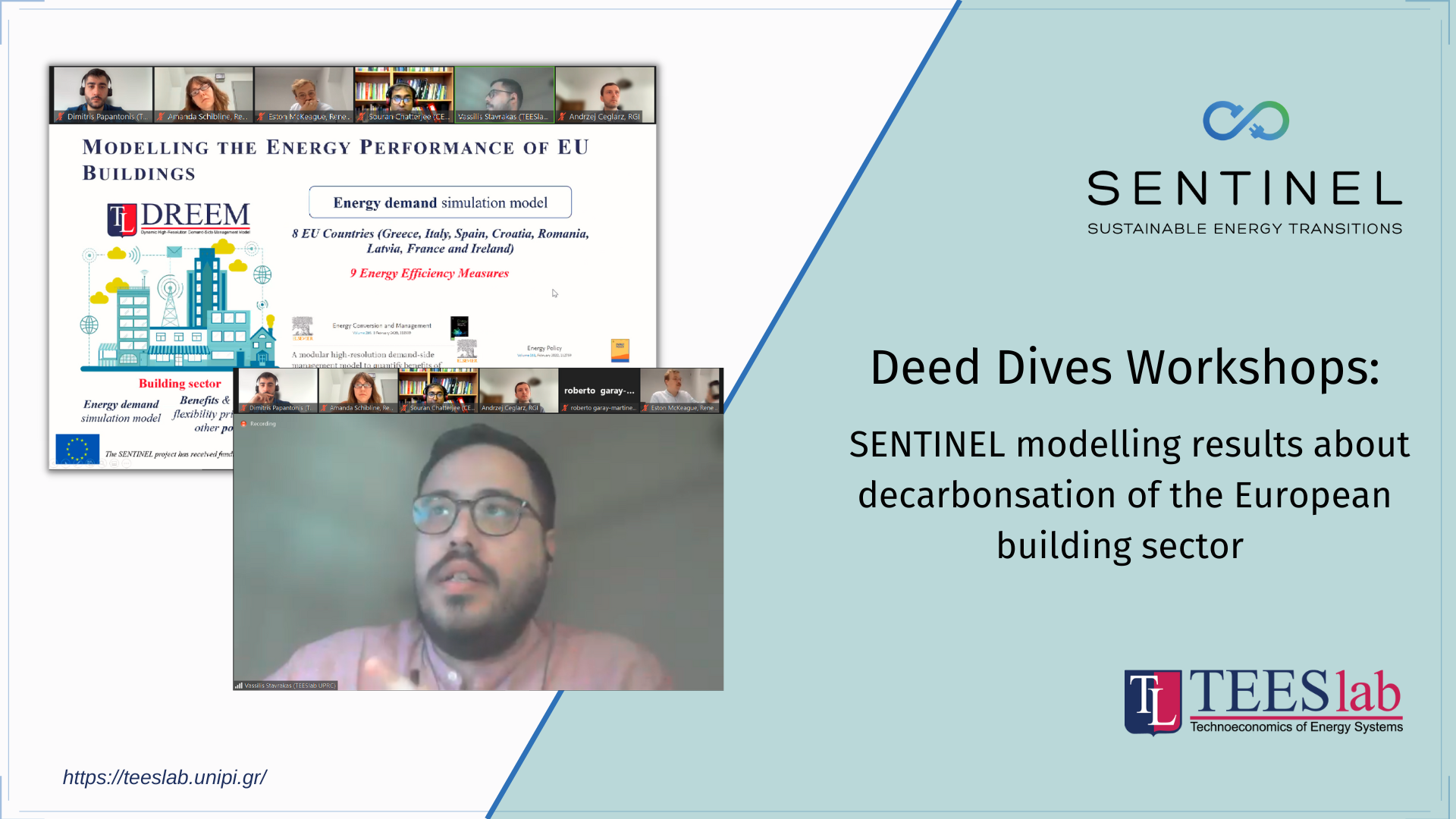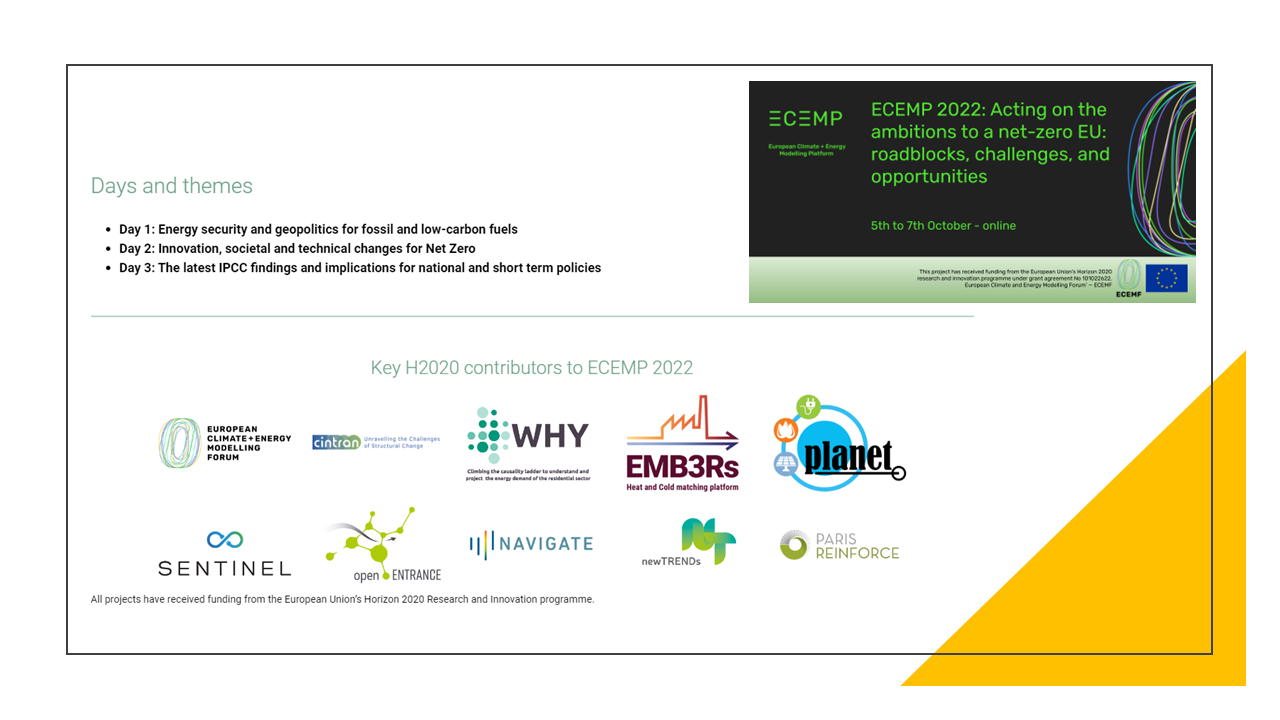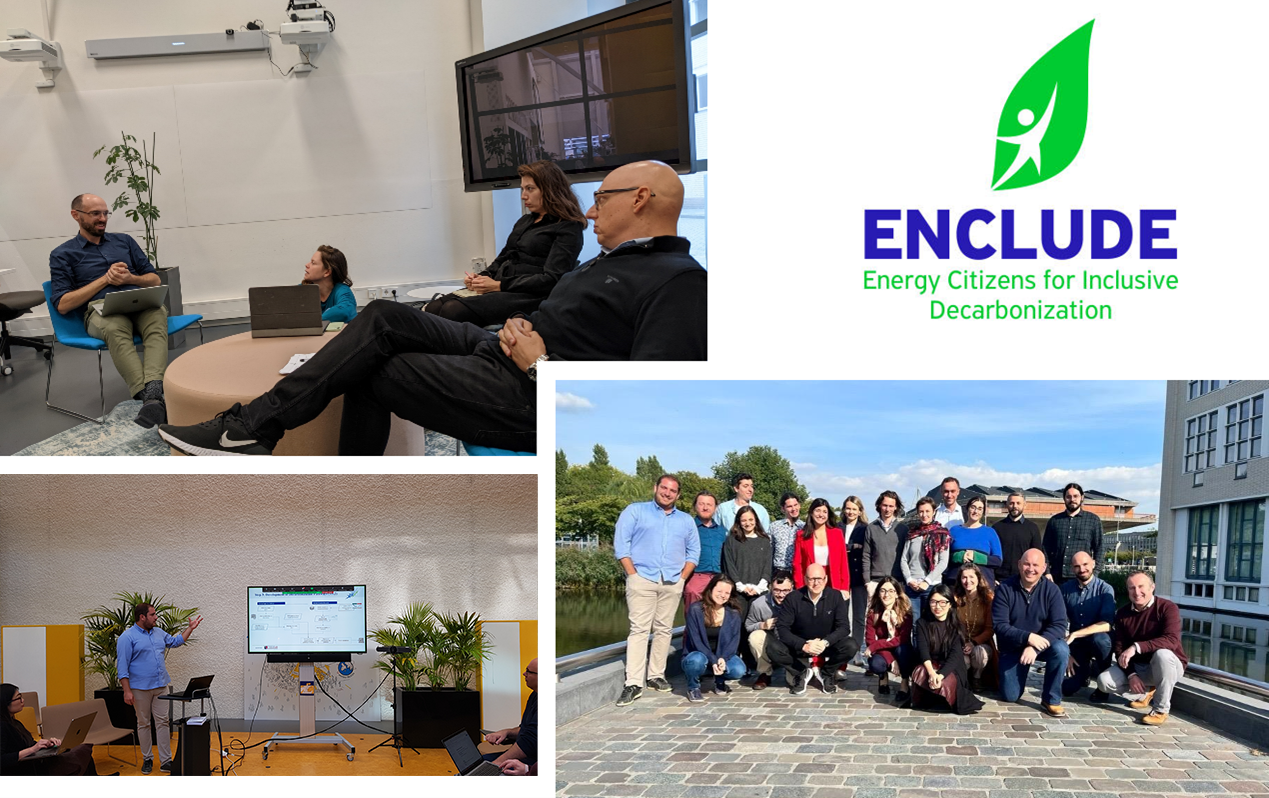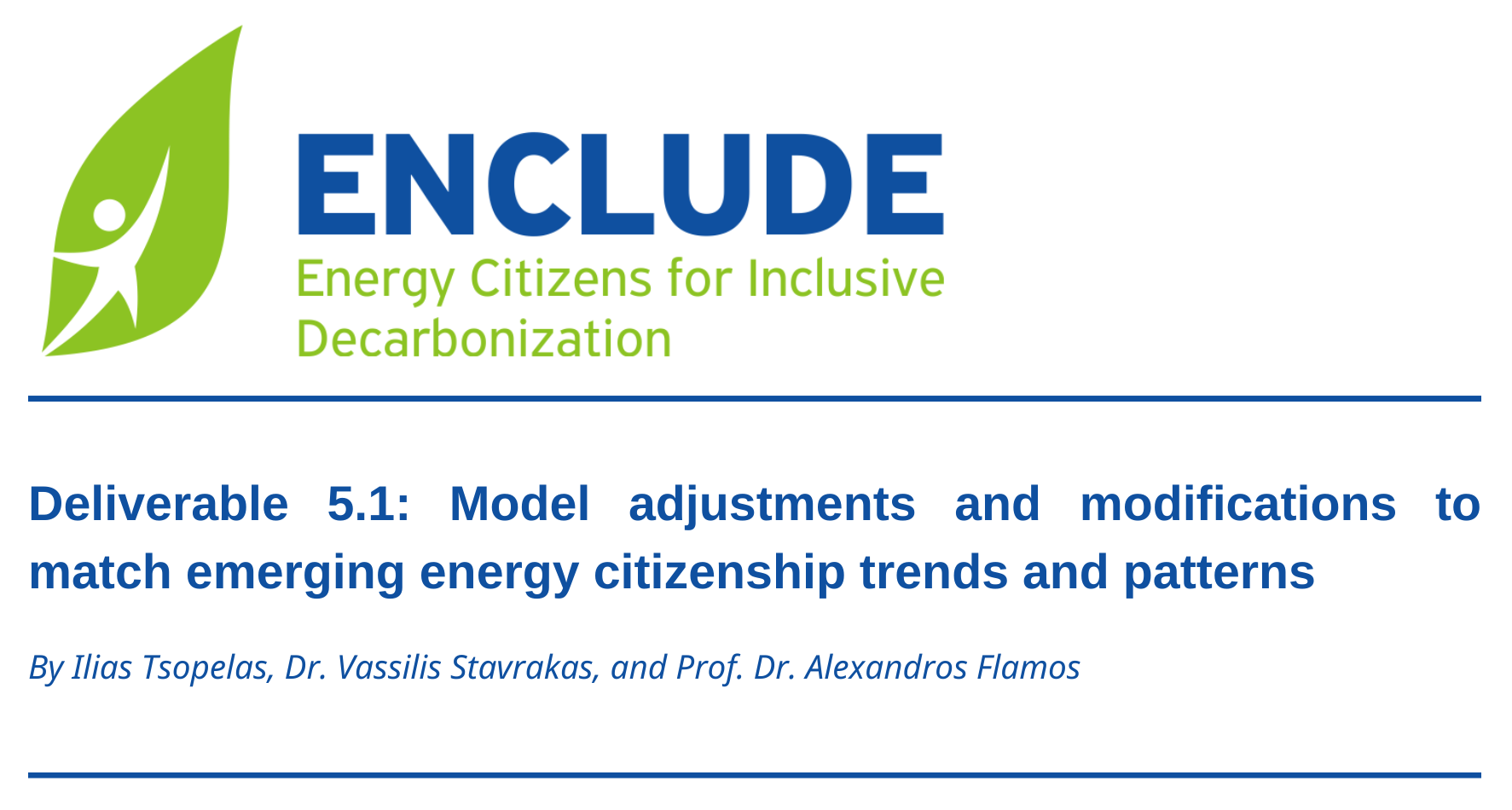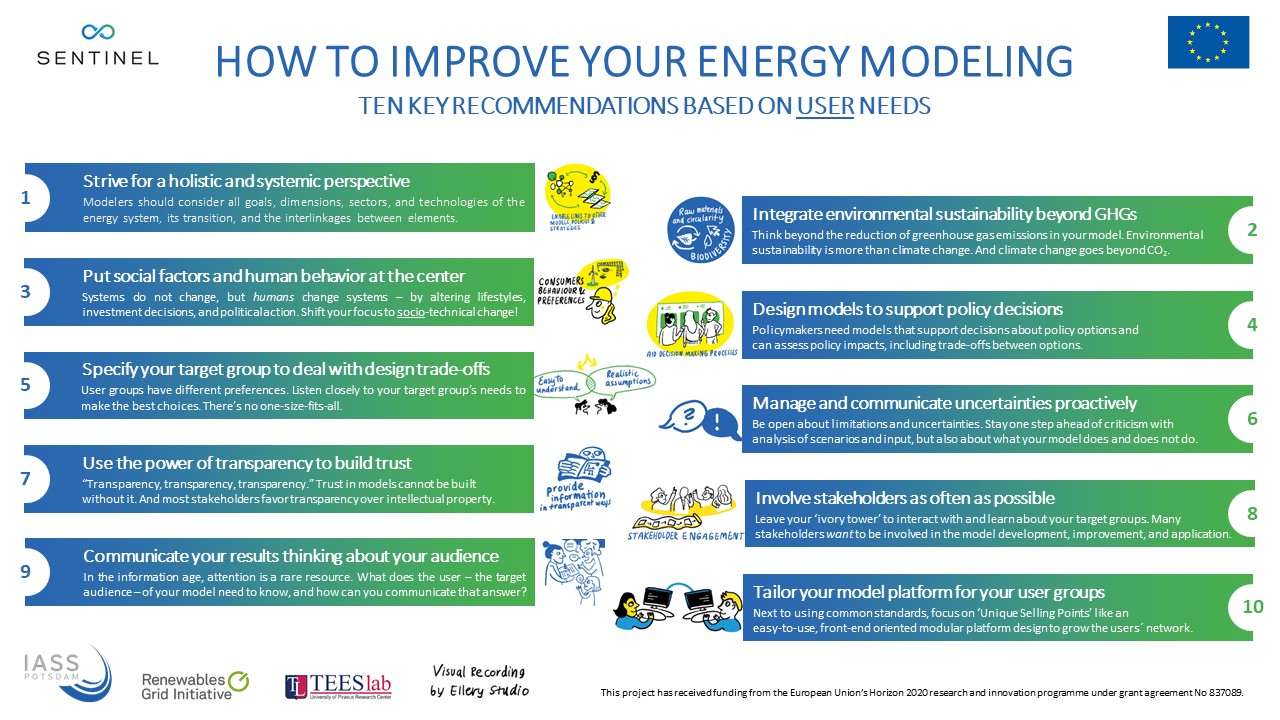-
Test
The SENTINEL project came to an end!
After 3.5 years of an amazing collaboration between 13 partners from 9 European counties the Sustainable Energy Transition Laboratory (SENTINEL) project has been completed! The aim of the project was to create a new modelling framework, modular in structure, incorporating many separate models, which will look in detail at specific technological, geographic, and societal aspects […]

-
Test
SENTINEL final event: How can the European Union achieve climate-neutrality by 2050?
The Technoeconomics Energy Systems laboratory (TEESlab), in collaboration with the Institute for Advanced Sustainability Studies, the Renewables Grid Initiative, the Delft University of Technology, and the Autonomous University of Barcelona, are organising the SENTINEL final event, entitled “Advancing energy modelling to inform a sustainable transition to climate-neutrality in the European Union”. The aim of the […]

-
Test
New SENTINEL Stakeholder Workshop Synthesis Report
In June 2022, the Technoeconomics of Energy Systems laboratory (TEESlab) and the Decision Support Systems Laboratory (DSS Lab), in collaboration with the Public Power Company (PPC), co-organised a stakeholder workshop entitled “Pathways to climate neutrality in Europe with a spotlight in Greece: Challenges, uncertainties, solutions”. The workshop took place within the context of the European […]

-
Test
“Deep-dive” workshop on the decarbonisation of the European building sector
The Technoeconomics of Energy Systems laboratory – TEESlab participated in the “deep dive” workshop on the decarbonisation of the European building sector organised in the context of the Horizon 2020 SENTINEL project. The aim of the workshop was to receive detailed feedback on our SENTINEL modelling results from relevant stakeholders and colleagues in the field. […]

-
Test
Only one week left for this year’s ECEMP 2022 Conference!
Professor Dr. Alexandros Flamos, Director at the Technoeconomics of Energy Systems laboratory (TEESlab), and Dr. Vassilis Stavrakas, Senior Research Associate, will chair Parallel Session 10 “Policy Making – Modelling Interactions at the National Level” that will take place during the 3rd day of this year’s ECEMP 2022 Conference, at 13:30-15:00 CET. The session will develop […]

-
Test
TEESlab at the 2nd General Assembly of the H2020 ENCLUDE project!
The 2nd General Assembly (GA) of the H2020 ENCLUDE project that took place on 22-23 September 2022 at the Delft University of Technology (TU Delft), was completed successfully! ENLCUDE partners had the opportunity to meet in person for the first time and to discuss their role and key contributions to the project’s objectives. Who is […]

-
Test
New ENCLUDE report: What are the emerging energy citizenship trends and how energy system models can address them?
Our new report, entitled “Model adjustments and modifications to match emerging energy citizenship trends and patterns”, produced within the context of the ENCLUDE project, is now uploaded on Zenodo. The report describes emerging trends/ patterns of energy citizenship that could lead to the decarbonization of the energy system, and how the ENCLUDE modeling ensemble could […]

-
Test
Ten key recommendations on how to improve your energy modelling
Energy models support decision- and policymakers who have to decide on decarbonization strategies and energy policy options. However, energy models are often not geared to the needs of the users. Hence, despite increasing methodological sophistication and rapidly growing detail, the usefulness of models as advice and policy support tools may be limited because they do […]



